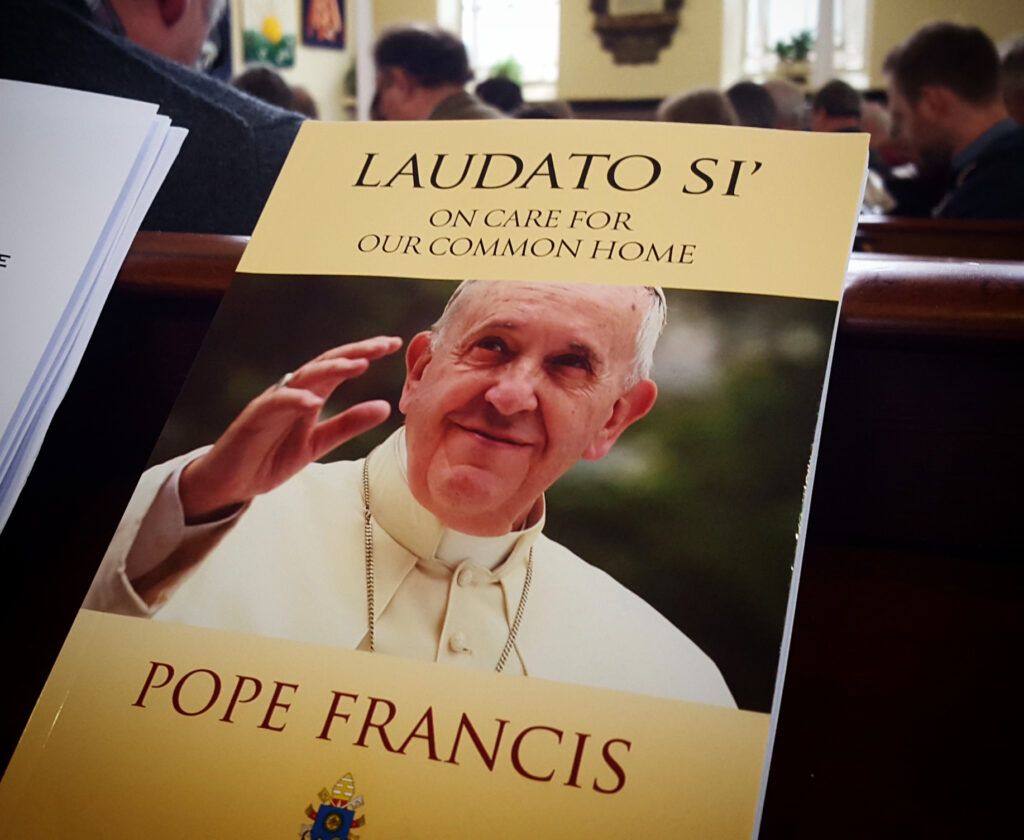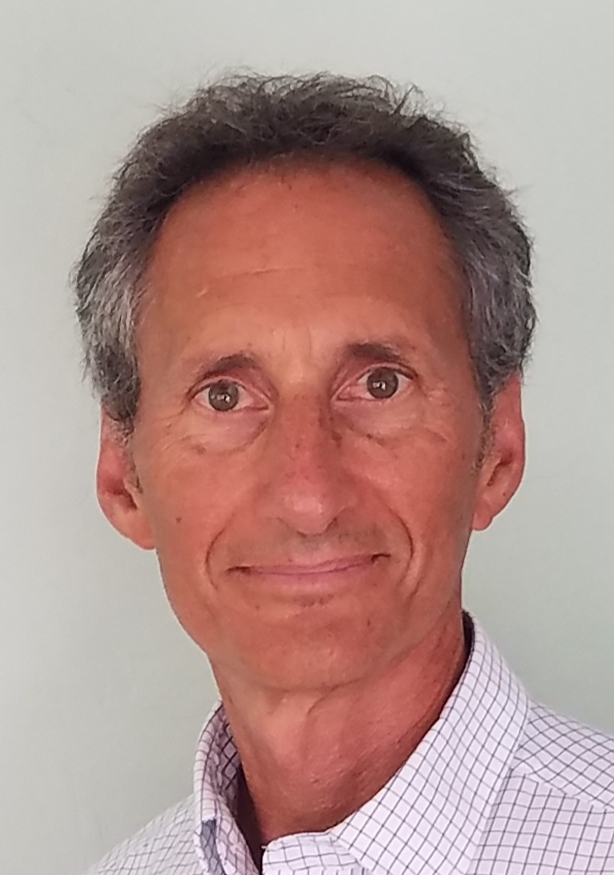By Joseph Bonasia
“Now, faced as we are with global environmental deterioration, I wish to address every person living on this planet.”
Few people have the authority of position and character to write such an extraordinary statement as Pope Francis did in his landmark environmental document, Laudato Si’, which was published 10 years ago and is easily the most read papal encyclical in history.
Laudato Si’ means “praise be to you,” expressing an attitude of awe and gratitude toward God for the natural world. It is subtitled, “On Care for Our Common Home.”
In it, Pope Francis wrote, “Climate change is a global problem with grave implications: environmental, social, economic (and) political … It represents one of the principal challenges facing humanity in our day.”

President Donald Trump, of course, has said climate change is a hoax.
The pope based his opinion on “solid scientific consensus.” President Trump is removing scientific information about climate change from government websites and is firing scientists from critical agencies like the National Oceanic and Atmospheric Administration (NOAA).
The first approach to our climate crisis is an honest one. The other is not and is meant to manipulate public opinion.
“We know,” Pope Francis wrote, “that technology based on the use of highly polluting fossil fuels … especially coal, but also oil, and to lesser degree gas — needs to be progressively replaced without delay.”
Even though the United States is the world leader in oil and gas production, Trump has declared a national energy emergency and is promoting the increased use of fossil fuels — including coal — and is undermining climate initiatives by freezing $20 billion in grants for clean energy efforts and stopping windmill projects.
“Reducing greenhouse gasses requires honesty, courage and responsibility, above all on the part of those countries which are more powerful and pollute the most,” Pope Francis wrote. Under Trump’s directive, the United States, one of the world’s greatest climate polluters, is walking away from the Paris Climate Accord.
“Both everyday experience and scientific research show that the gravest effects of all attacks on the environment are suffered by the poorest,” the pope noted. “Today, we have to realize that a true ecological approach always becomes a social approach; it must integrate questions of justice in debates on the environment, so as to hear both the cry of the earth and the cry of the poor.”
Trump has cancelled environmental justice grants and is shutting down environmental justice offices of the Environmental Protection Agency.
Among those suffering the consequences will be those yet to be born. “The environment,” Pope Francis wrote, “is part of a logic of receptivity. It is on loan to each generation, which must then hand it on to the next.”
Trump famously derided Greta Thunberg after she spoke to the United Nations General Assembly, criticizing world leaders for their lack of climate action. His policies jeopardize the environmental welfare of future generations.
“The earth’s resources are also being plundered because of short-sighted approaches to the economy, commerce and production. The loss of forests and woodlands entails the loss of species,” Pope Francis wrote. Each year thousands of species go extinct and “will no longer give glory to God by their very existence … We have no such right,” he affirmed.

Trump is opening up 112.5 million acres of national forestland to logging and is looking to undermine one of this nation’s most successful environmental laws, the Endangered Species Act. By changing the definition of “harm” in the law, it could allow such activities as logging and oil drilling in formerly protected habitats upon which species are dependent for their survival.
Because the stakes are so high, the difference between what Pope Francis advocates regarding care of the natural world and what President Trump advocates is critically important. They both cannot be right, and people have a moral (and, for many, a spiritual) responsibility to choose wisely between the two and then act accordingly.
Pope Francis (1936-2025) wrote that “humanity still has the ability to work together to build our common home” and that young people “demand change. They wonder how anyone can claim to be building a better future without thinking of the environmental crisis and the sufferings of the excluded.”
Joseph Bonasia is a founding board member of the SWFL RESET Center.
Sign up for The Invading Sea newsletter by visiting here. To support The Invading Sea, click here to make a donation. If you are interested in submitting an opinion piece to The Invading Sea, email Editor Nathan Crabbe at ncrabbe@fau.edu.



